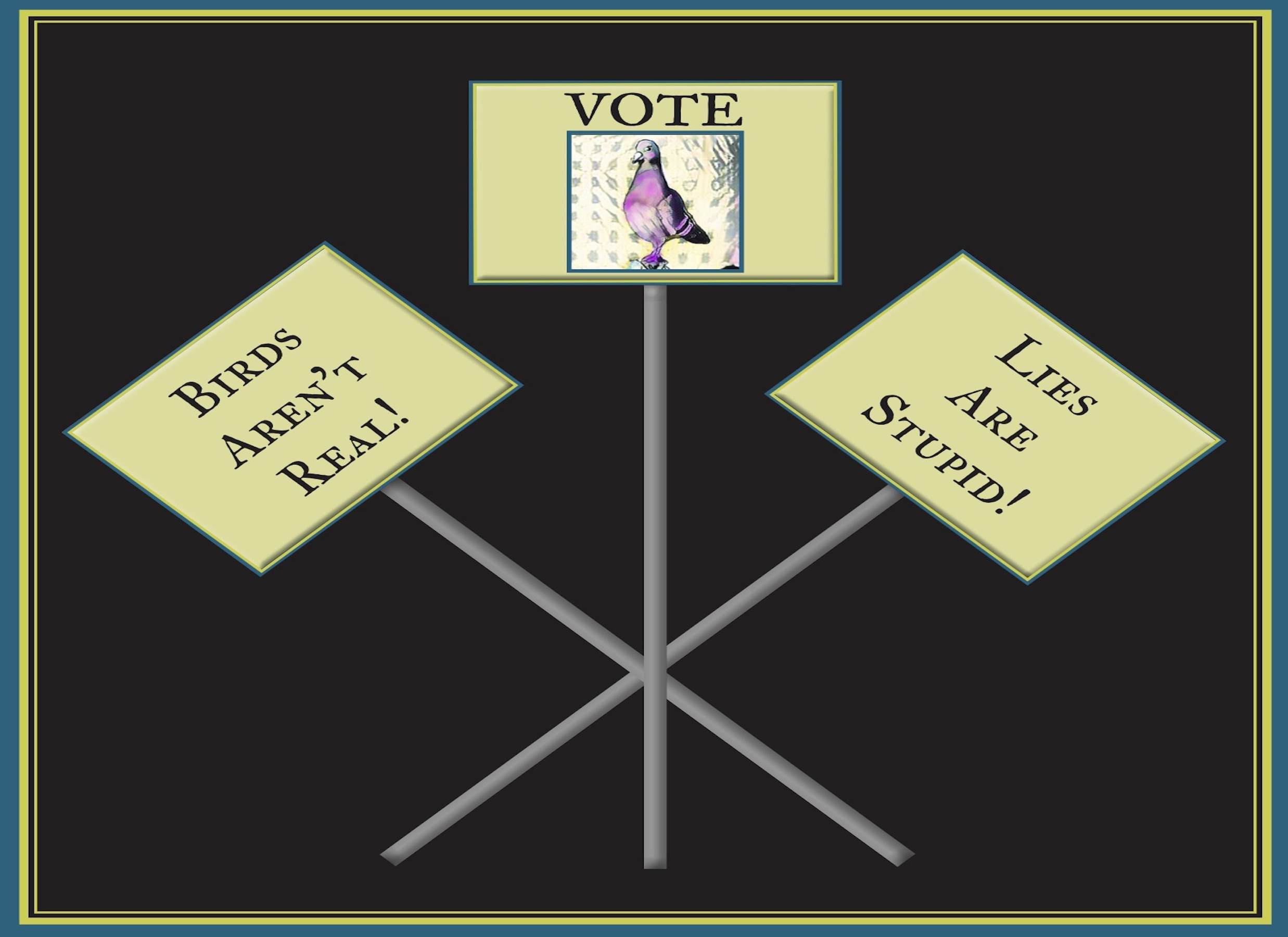- Credits:
- Photo, Fortune.com
Helen’s Place LLC Update: August 5, 2022
You’ve read a lot of articles about what to do if you have a bad boss, but what if you’re the one who needs help to handle yourself when you’re overly critical of a boss? How do you tell if you’re the one being a jerk?
Consider this scenario:
A new manager tells you you’re working too much, too fast and wants you to do it their way, and you’re incensed, because you’ve been at the start-up from the beginning.
You decide to go to the human resource representative (HR), to complain, who tells you that you should present your case to the boss, and let him or her decide the correct course of action.
You intend to convey to the boss the stupid stuff the manager is asking you to do. While you wait to meet with the boss, you ignore the manager’s directive to slow down and follow procedures, and continue on at breakneck speed.
If you think that the boss will take your side and reprimand the new manager for being incompetent, this is at best a 50/50 proposition, and probably a fantasy.
But assuming the boss recognizes you for having superior ideas, and lets you continue doing your work the way you believe it should be done, consider how this affects you.
You may have become empowered to continue challenging the new manager, which could lead to more HR or boss interventions, and eventually to the failure of the manager. All of this might seem appealing to you.
If you continue to get your way at the expense of others, without learning to cooperate, or without acknowledging the assistance you’ve had along the way, you may begin to believe that you achieved your success completely on your own.
As you move up the career ladder, it may appear to you that you are smarter and more adept at recognizing career opportunities than most people.
Taken to the extreme, if you’re promoted to a manager or become a boss yourself, you may become the workplace bully, making unreasonable demands on your employees.
Over the years, you may then develop increasing disdain for people who you believe are not at your level or don’t meet your expectations, making it easier for you to take over their job, or take them down if they get in your way.
Unknown to you, coworkers and colleagues may wonder how you’re able to do anything you want and get away with it.
However, it’s only a matter of time, because superiority frequently leads to abuse of power, and sets in motion self-destruction.
We see this played out all the time in society, as powerful people go too far and ruin their lives and those of others.
Ironically, people like this often don’t know what hit them when their demise comes, because they believe they were always successful at work and at the top of their game.
What they failed to learn is the perspective that there will always be people higher (smarter), and lower (less smart) than they are, and that the most critical skills needed for success at work, are to recognize the strengths and weaknesses in themselves and others in order to achieve balance.
This is why many of the most successful CEO’s surround themselves with people who think differently and have different skill sets then they do. Their main concern is to maintain the best organization they can with the best people they can find.
So the next time you’re ready to run to HR or your boss to fight for your way, consider how you might learn something from a new manager. You might be better off in the long run. Think about it.
Related audio/video interview recording:
A short funny video with good advice; the first step is determining if the jerk is you:
YouTube, April 5,2019, “How to Deal With Jerks Like a Gentleman”
Other related articles you may be interested in:
A short article helpful with self-assessment:
The Guardian, Oliver Burkman, December 15, 2017, “How Do You Know if You’re a Jerk?”
History may bear out that this old article is still true about the best CEO’s:
Fortune, July 21, 2003, Jim Collins, “The Best CEO’s of all Time”
Another angle on the topic:
Helen’s Place LLC, January 5, 2021, “Work as a Choice”
Your comments are greatly appreciated. Send them to Helen’s Place LLC via email to info@helensplacenet.com. We’re always interested in learning more about you and the issues that are important to you.















































































